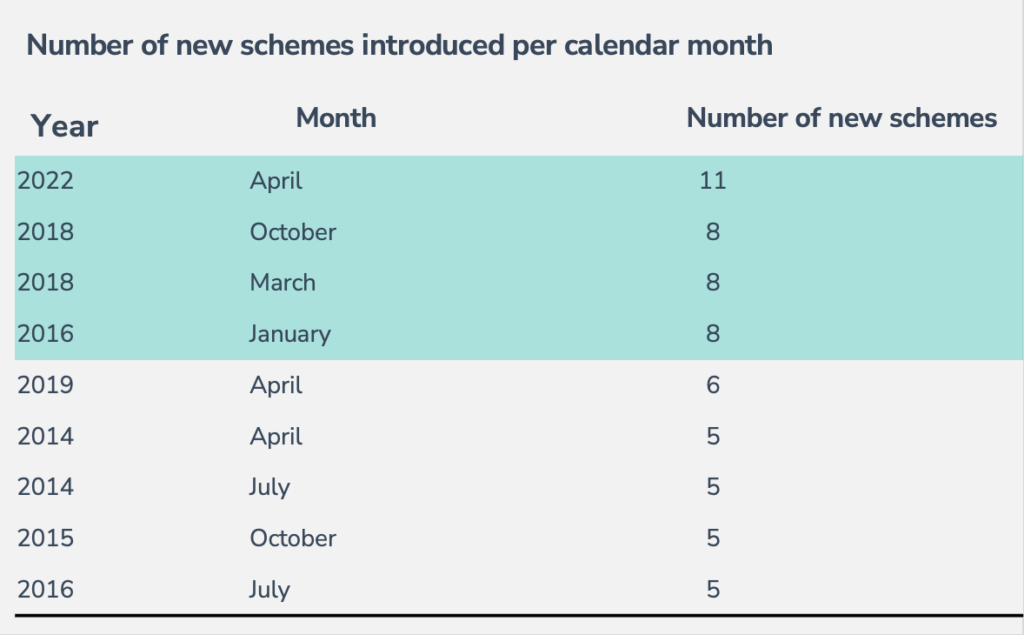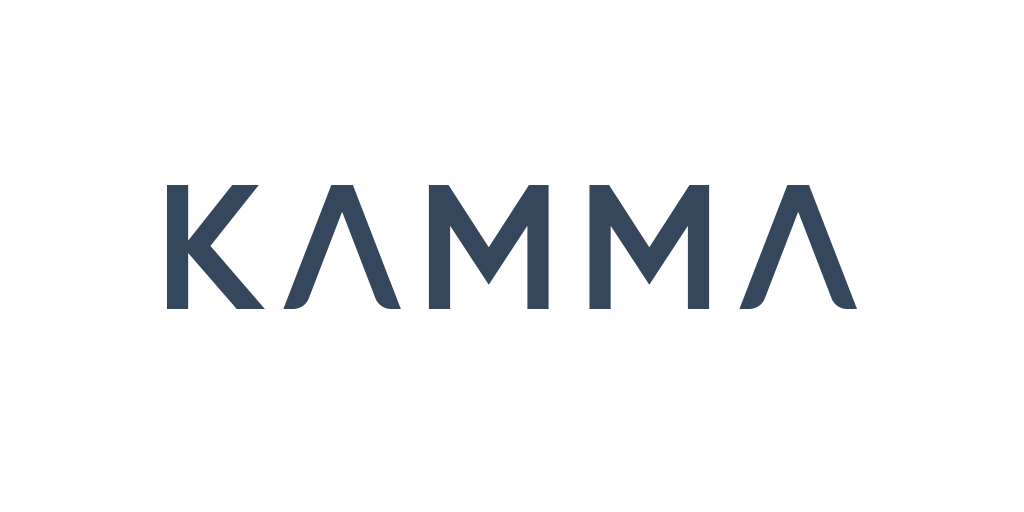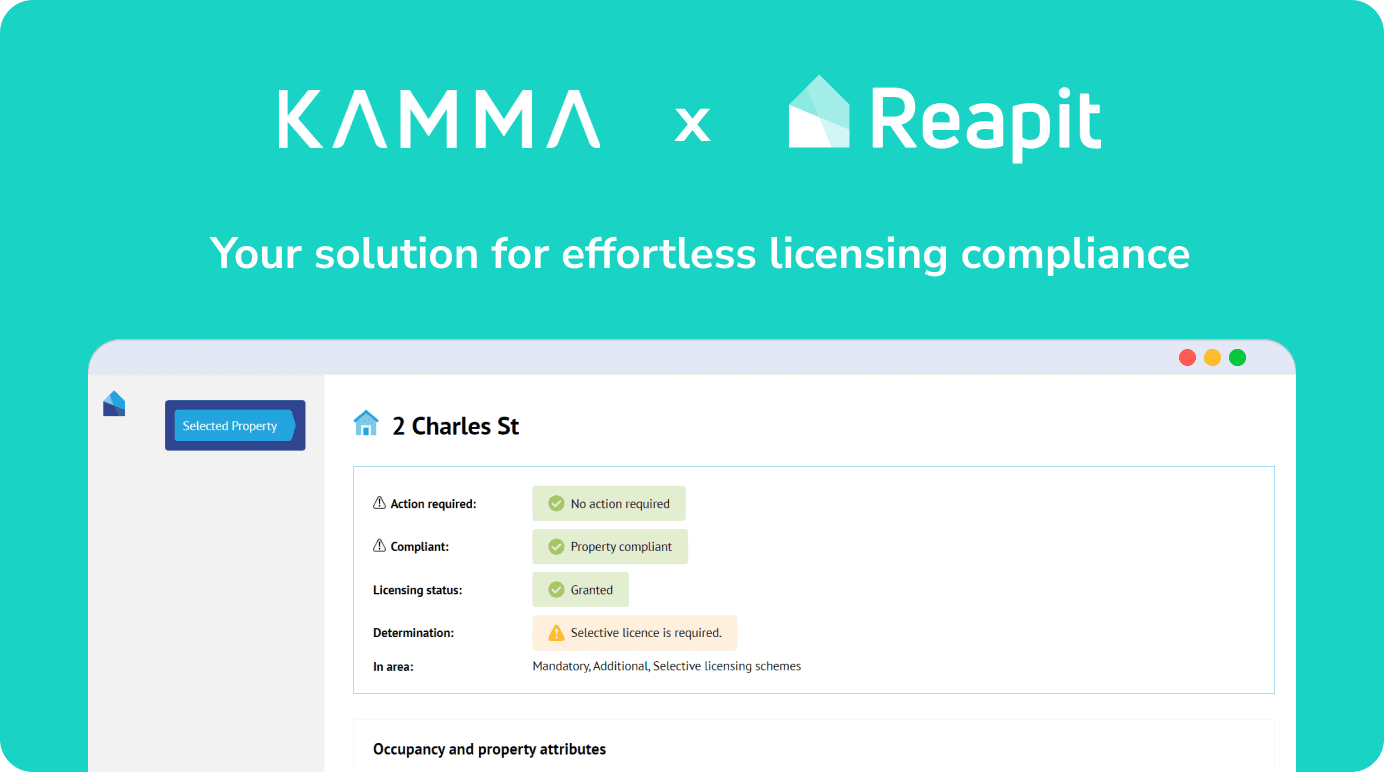- What we do What we do
- How we can help How we can help
- Insights Insights
- About About
- Support Support
- Book a Demo
Don’t be an April fool. Record month for property licensing schemes.
Last year we reported that a new property licensing scheme or consultation was launched, on average, every 8 days across the country, with data suggesting a continued push in licensing and enforcement into 2022. Local councils all over the country are starting to realise the benefits that licensing can bring both in terms of improving living standards and bringing in licence fee revenue. As a result, we are seeing more regulation and schemes than ever before in the Private Rented Sector (PRS). To put it into numbers, nine new schemes have already been launched in the first months of the year, with three of those starting this month in March.
Yet this coming April agents and landlords are in for an even bigger challenge with a record breaking 11 new schemes being introduced across seven different local authorities. This is the highest number of schemes we’ve seen introduced in a single calendar month since records began. In total, 113 discretionary licensing schemes will be in place across the UK’s 408 local authorities, more than at any other time in the industry’s history
This makes April a critical period for landlords and agents. The last time more than seven schemes were introduced was in October 2018. Since then, there has not been a month with more than six new schemes, in fact there are only four instances where more than five new schemes have started in the same month.
The key date to remember is the first of April when eight new schemes are set to launch. Here it is important for agents and landlords who wish to avoid fines to stay on top of the new schemes, even on an individual basis, as rules may differ in different councils. Kamma is the only company that has the technology that can automatically monitor the UK’s entire licensing landscape, and individual schemes, and have done so since 2017.

What are some of the schemes starting in April
The 11 new selective and additional licensing schemes starting in April will be spread out over seven different local authorities including Ealing, Luton, Liverpool, Lewisham, Charnwood and Durham and will affect both letting agents and landlords operating in those local authorities.
Ealing
Ealing council is planning to introduce both selective and additional licensing in April to improve standards and protect vulnerable tenants in the area. However, the council has already received criticism from local landlords who are concerned that the two schemes have been, what they say, “bulldozed” through without giving the landlords a proper chance to engage in the consultation process.
Bristol
Bristol’s extension of their selective and additional licensing schemes has also been approved and is set to come into force on the 6th of April in a bid to raise Private Rented Sector (PRS) standards. During the five year period of the previous schemes, over 3,600 licences were issued and over 3,400 inspections were carried out – with 88% of properties subsequently improved according to the council. Proven the success of the previous schemes, the new schemes will cover larger parts of the council.
Rent Repayment Orders
But there are not only more property licensing schemes to look out for, enforcement through fines and Rent Repayment Orders (RROs) are also increasing, so it’s important agents act to protect themselves, their landlord customers and their tenants. Already in the first two months of this year there have been several Rent Repayment Orders, or RROs, issued to rogue landlords and agents in various councils. For example, a letting agent in Bethnal Green in London was recently hit with an RRO totalling more than £30,000 for not obtaining a licence for an HMO property. Each of the five tenants were awarded their full rent back for the months they lived in the property. The HMO was covered by Tower Hamlets Council’s additional licensing scheme which has been in place since 2019.
Similarly, a landlord in Ealing was recently handed a £5,400 RRO for not applying for a selective licensing scheme earlier in the year. Despite the landlord’s defence that she was unaware of the licensing scheme, Ealing council and the Court refused the reasoning.
Besides RRO, letting agents and landlords stand to face fines of up to £30,000 for non-compliance, if failing to comply with safety and licensing regulations, and additional fines of up to £5,000 per property for non-compliance with MEES regulations.
At Kamma, we understand that property licensing is complex, inconsistent, and ever changing. We have helped thousands of agents across the UK take control of their regulatory compliance and use it as their competitive advantage with the support of our 24/7 licensing monitoring software. We leverage technology and data to help agents and landlords stay on top of new property licensing schemes and avoid licensing fines.
Contact us or book a demo now to understand how Kamma can solve property licensing for you.

New insights: how does EPC data impact affordability assessments?
Accurate energy performance data is a must to ensure mortgage lenders can accurately assess affordability and reduce risk – here’s why.
Read more
Kamma’s Response to CVE-2024-0394 (XZ Utils Backdoor)
Last week security researchers publicised a malicious back door in the XZ Utils library, a widely used suite of software that gives developers lossless compression and is commonly used for compressing software releases and Linux kernel images. The backdoor could, under certain circumstances be used to run unauthorised code via the encrypted SSH connection protocol. […]
Read more
Licensing Compliance Simplified: The Kamma-Reapit Integration
The Kamma app is officially live on the Reapit marketplace! This integration arrives just in time to confront the introduction of fifteen new licensing schemes and six current consultations in the first half of the year alone. Kamma’s Reapit integration empowers you to effortlessly manage your licensing compliance through: How does the app work with […]
Read more
Subscribe to the Kamma Newsletters
Regular news, information and insights from Kamma. No spam. Unsubscribe at any time.
Subscribing ...
Sorry, we really want to but we couldn't subscribe you due to missing or incorrect information; please update the information that's highlighted in red and try again.
Well this is awkward. Something went wrong on the internet between your browser and our newletter subscription service. Please let us know and we'll do our best to fix it for you.
Thanks for subscribing! Check your Inbox in a short while for a confirmation email to check it was really you that just subscribed. If you've already subscribed, we'll keep your subscription but you won't receive a confirmation email this time.
